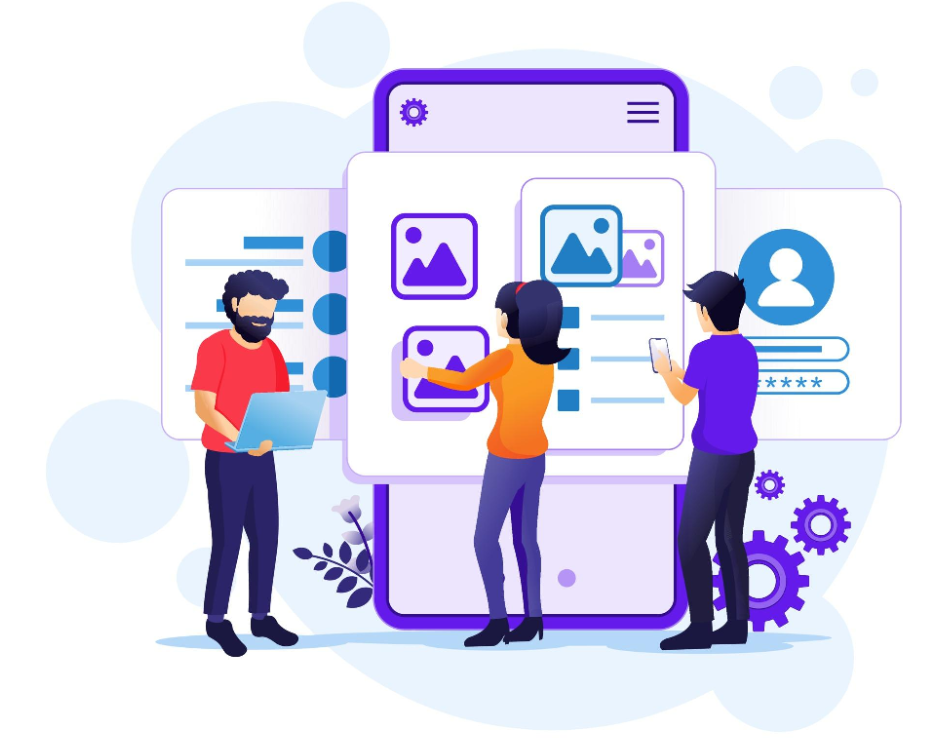Unity is easily one of the most popular game development platforms. Its flexibility, features, and extensive community support make it a darling among developers, from big companies to indie soloists. Unity provides the means to build rich and interactive games that can further be deployed across PCs, consoles, mobile, and even AR/VR platforms.
Nonetheless, Unity game development services take a lot of skills, ranging from programming to animation. Many will have trouble getting together a full team and keeping it in-house. That is where outsourcing comes into play.
Outsourcing has been a game-changer for those who want to reduce costs, improve the development process, and just get access to expert resources. So let’s take a look at the benefits of outsourcing Unity game development, starting from the top.
Access to Expertise
Unity development takes more than just coding, which professional studios like N-iX Games know all about. Building an in-house team from scratch, one that has all of the skills you need to create a game, can be time-consuming and expensive.
When you outsource, you straight-up gain access to all experts who know everything you need. A few examples of the skill sets involved in Unity game development include:
- C# scripting. Core programming of game logic and mechanics.
- 3D modeling. Creating detailed environments, characters, and objects.
- Shader programming. Developing dynamic lighting, textures, and visual effects.
- Animation. Character and environment animation.
- UI/UX design. Making the game intuitive and engaging.
- Performance optimization. Optimizing the game to run on all platforms without delays.
There’s a lot to it. Outsourced teams usually already have years of working experience with the latest tools and top techniques. They can manage complex mechanics, ensure cross-platform optimization, and introduce superior features like AR and VR.
Cost-Effectiveness and Budget Management
One of the biggest benefits of signing up for services for game development on Unity is saving money. Employing a full in-house team requires spending a lot on salaries, benefits, taxes, training, and office space — expenses that quickly add up. Moreover, keeping the latest software licenses and development equipment is just another thing on top of the pile.
Outsourcing to companies like N-iX Games will help you to pay only for what you need. That’s typically a much smaller portion of what it would cost to maintain in-house staff. Many vendors are also based in countries where labor costs are on the lower side. They still deliver quality output, though, because they have well-trained personnel.
Flexible pricing structures are common with outsourcing. You may choose a fixed-price deal if your project scope is established, or an hourly or milestone-based contract to leave space for more flexibility.
This gives you more control of your expenditures. You only increase your expenses in proportion to a project progress.
Quicker Time to Market
Getting your game out there as soon as possible can be the difference between riding a trend and losing it. Finding a service to develop a game with Unity can help you start projects right away, since all the resources and workflows are already long-established.
Such teams can scale up quickly. They can get onboard more developers, artists, or testers to meet tight schedules. They can operate concurrently on independent sections of the game — programming, art, animation, QA — to reduce the timeline.
Experienced outsourcing teams have solid iteration and testing procedures. Bugs and performance issues are found and fixed more quickly, and it’s an easier ride to release. This quicker process helps your studio to be in a position to quickly address market requirements and player feedback.
Focus on Core Business Activities
Game development is a complex process of juggling creative vision and technical production. The more your internal team spends its time coding, debugging, or producing assets, the less time there is for critical activities like game design, marketing strategy, and user interaction.
Outsourcing Unity projects frees your internal team to focus on these big-picture questions. You can have your resources work on building the game story, refining gameplay mechanics, planning for launches, and creating community engagement. All the technical heavy lifting is left to the outsourced team.
This division of labor reduces the risk of delay caused by resource overload. It improves overall project management efficiency. It also allows leadership to direct the project strategically without being hampered by complicated technicalities.
Risk Mitigation and Quality Assurance
The help of professional development studios through outsourcing can significantly reduce project risks. Experienced teams typically have sound quality control and testing methodologies. Those will help to ensure your game runs nicely across different platforms and meets the industry standards.
Team-working with experts also minimizes the risk of costly mistakes, such as poorly designed code, performance issues, or incompatibility issues. Seasoned project managers at such studios coordinate schedules, communicate actively, and make sure that the project stays within its scope.
There are also clauses in outsourcing contracts that protect your intellectual property rights and define deliverables clearly. This provides additional security for your game assets and source code.
If the collaboration is failing, outsourcing gives you flexibility as well. You can change vendors or scale back without the inconvenience of in-house staff restructuring.
Things to Remember When Outsourcing Unity Development
Although outsourcing has a lot of advantages, it’s vital to move cautiously so that you can gain the maximum benefit from it. Here are key things to consider:
- Portfolios and References. Check previous work and customer reviews to make sure your new outsourcing partner has experience with Unity and a history of quality project delivery.
- Clear Communication. Establish communication channels and project management tools to provide transparency and regular updates.
- Scope and Expectations. Define the project goals, timeline, milestones, and deliverables explicitly to avoid confusion.
- Guard Your IP. Use contracts and NDAs to protect your game’s intellectual property and confidential data.
Take care, and you will be able to prevent many potential pitfalls.
Conclusions
Outsourcing Unity game development is a viable option for many businesses and studios operating in the gaming industry.
It gives access to skilled expertise, cost savings, and reduced development time schedules. It allows your organization to focus on core business and creative functions. It also minimizes risks with expert quality assurance and flexible agreements.
If you’re considering outsourcing your next Unity game project, remember that thorough vendor selection, clear communication, and well-defined contracts are critical to success. When done right, outsourcing can be the key to bringing your game vision to life efficiently, without a hitch.






